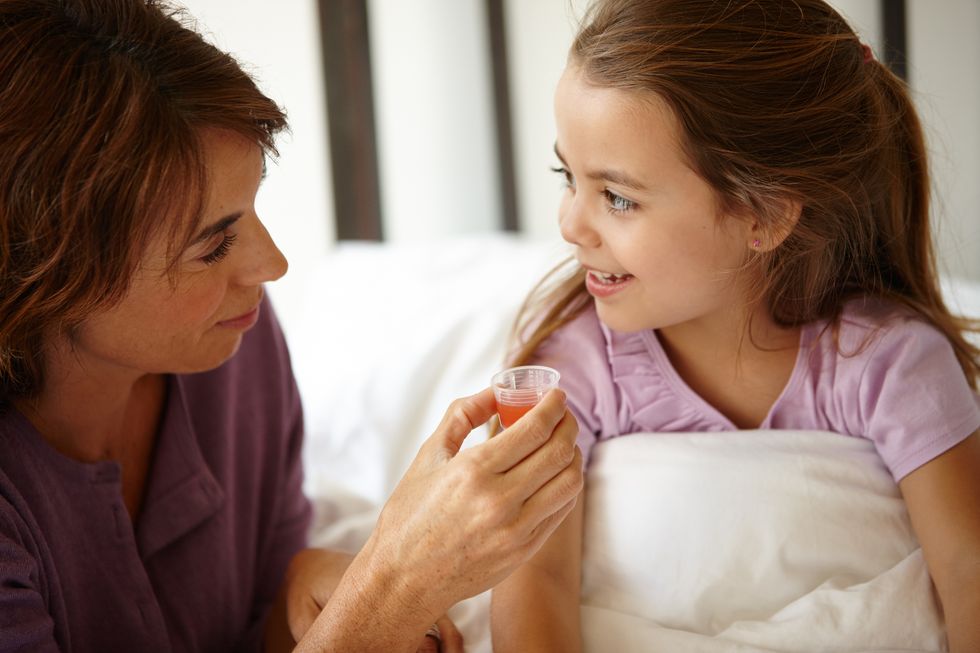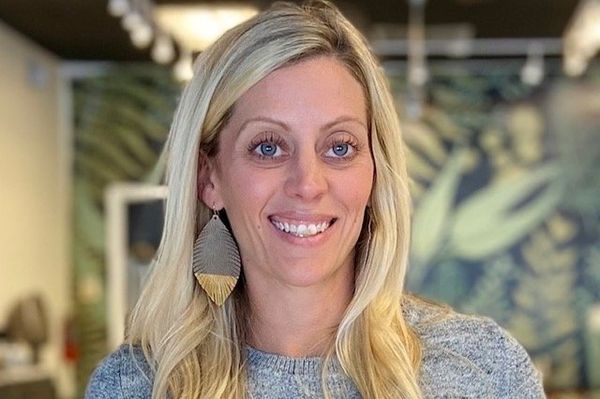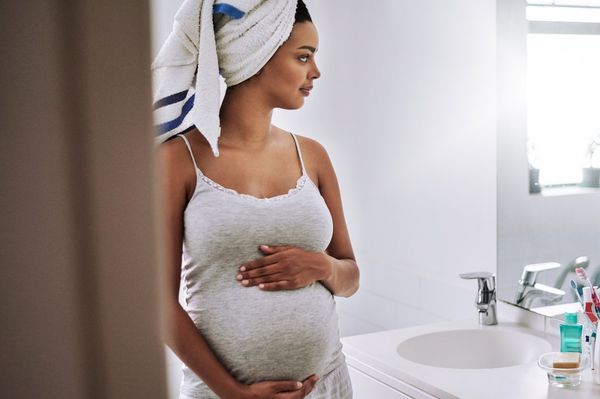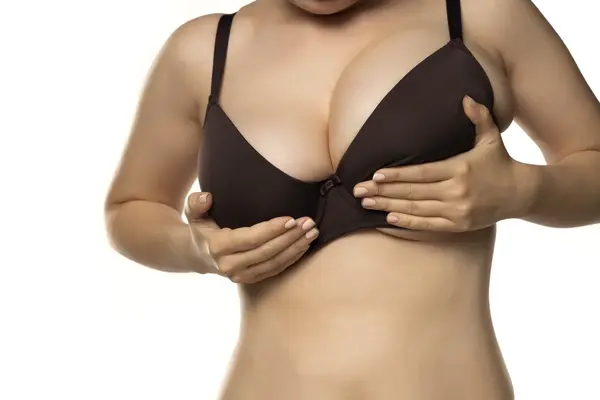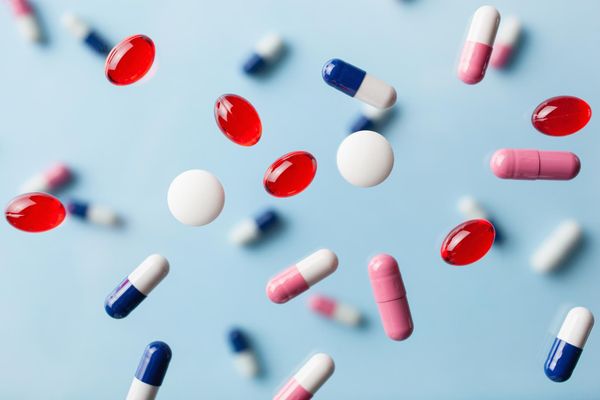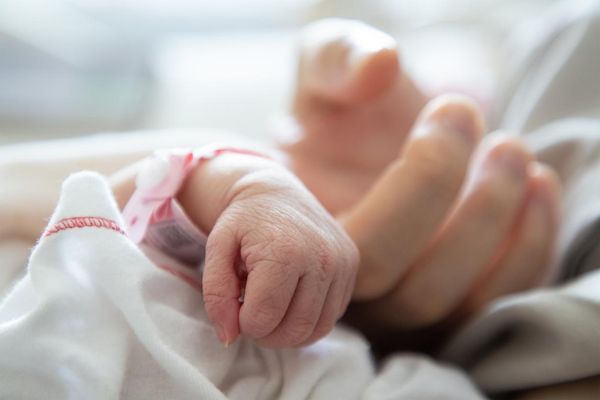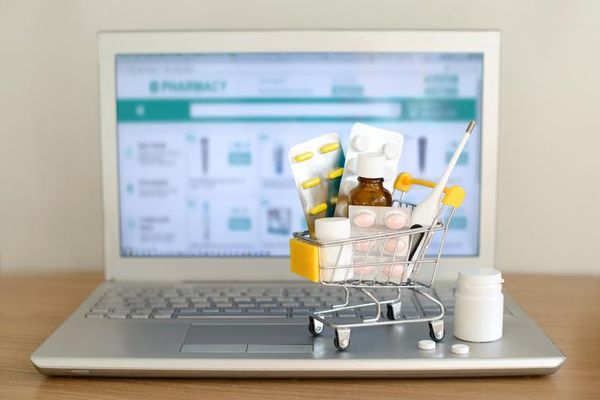As our children enter the teen years, we begin trusting them with more and more responsibilities. One thing we shouldn't hand over too soon is the responsibility of taking medications.
Around fifth or sixth grade, kids begin to look after their own personal care—things like showering and washing their hair, brushing their teeth regularly and telling their parents when they need certain health care products.
Indeed, as children grow older they take on more responsibilities. However, parents need make sure that their children are fully aware of how important some of these responsibilities are. That's why it's important for parents to properly educate and supervise their kids' medicine use.
Even when children need to take medicines regularly—such as for hyperactivity, allergies, diabetes or other chronic conditions—parents should continue to monitor that these medicines are used properly. It's easy to make a mistake in how much medicine to take or how often.
Thousands of children go to the emergency room each year because of over-the-counter (OTC) medicine errors and misuse or abuse.
Talk About It
When my kids were teenagers and playing sports, they took their fair share of pain relievers. I'm sure they took some without my knowing, but I tried to be the one who carried the acetaminophen and ibuprofen and doled them out as needed and appropriate.
As we all know, teens think they're invincible. And sometimes they think "more is better." They may believe they couldn't overdose on a pain reliever or other OTC medicine. It's important to correct these attitudes while you can and teach them the proper way to take medication, including how to avoid a potential overdose.
It's also important to watch for peer pressure, which can cause preteens and teens to do things they wouldn't ordinarily do. That's where parental boundaries become so important.
If you educate your children about safe and proper use of medications, they will likely hear your voice in their head and have a healthy respect for medication—even when tempted to do something that may not be safe.
Create a trusting environment that encourages discussion about responsible medicine use. Encourage your kids to talk with you or their health care professionals if they have health questions or concerns.
Here are some safety lessons to discuss with your preteens and teens:
● Know how to read the Drug Facts label. It's on all over-the-counter medications and has important information about proper usage, dosage, side effects and much more.
● Never share medicines. Teens like to share with friends, but this can be dangerous if their friends have allergies or other reactions to medicines. It is also unsafe to take any medicine that is not indicated for the specific symptom.
● More is not better. Teenagers often think more IS better, but in the case of medicines, more can cause harm. Only take the dose listed on the label at the frequency directed. Talk to your children about the dangers of medicine overdose.
● Avoid doubling up on medicines. Simultaneously using more than one medicine with the same active ingredient or to treat the same symptom can be dangerous, and may even lead to possible overdose.
● Medicines labeled for adults are not appropriate for children. Some adolescents and teens may still be too young or too small for a typical adult dosage. Check the age AND weight instructions on the Drug Facts label.
● Always store medications safely—up and away and out of sight. This is crucial if you have younger children who live in or visit your house, but it's good practice for everyone. Accidental poisonings can—and do—happen.
● Know what to do in emergencies. Teach your child to call 9-1-1 in an emergency. If they have a question about a medication or a potentially poisonous substance, they can also call the poison center at 1-800-222-1222. Keep these important numbers handy and visible.
For more information about preventing medicine misuse in the home, visit ConsumerMedSafety.org and the Scholastic Over-the-Counter Medicine Safety website.
Support for the development of this material was provided by McNeil Consumer Healthcare.

